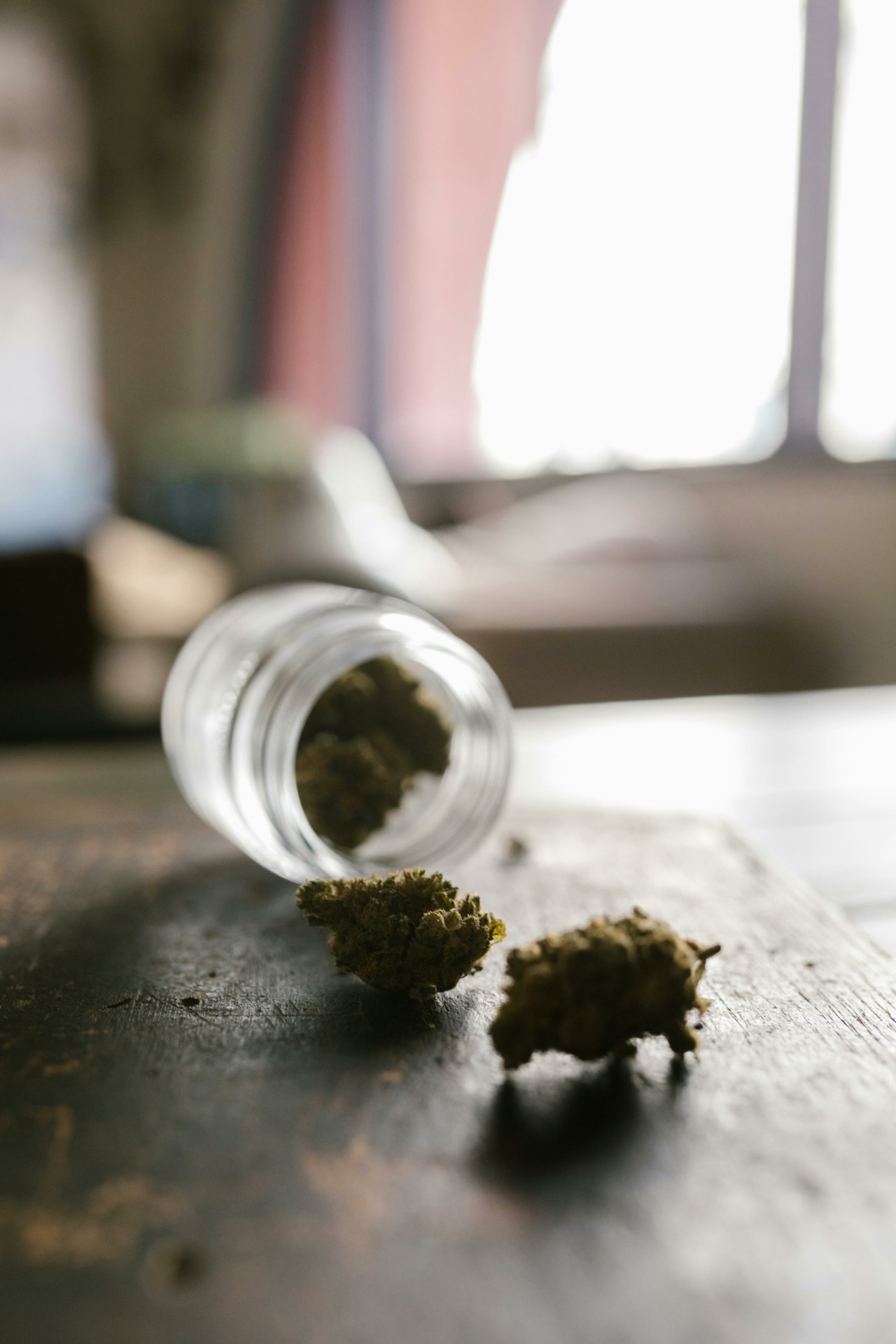Cannabidiol (CBD), one of cannabis’s most plentiful medicinal chemicals, has been getting a lot of press lately for being safe, medically effective and non-psychoactive. Most coverage of CBD mentions that it’s non-psychoactive, and it makes sense why. Compared to tetrahydrocannabinol (THC), the cannabinoid that imparts cannabis’s euphoric high, CBD seems like it doesn’t affect the mind at all.
But is this true? Or does CBD actually have its own set of psychoactive effects?
FOLLOW US ON FACEBOOK & INSTAGRAM
How CBD Works
Before we discuss CBD’s psychoactivity, we need to understand how it works.
CBD, like THC, works by interacting with the body’s endocannabinoid system (ECS). This crucial system of neurotransmitters is found all over the body and controls or affects some of its most important functions, such as:
- Hunger
- Pain
- Stress response
- Memory building
- Inflammation
- Sleep
- Muscle control
- Energy
- Mood
RELATED: WHAT’S SO GREAT ABOUT CANNABIDIOL, OR CBD?
The ECS both produces and is activated by the body’s natural endocannabinoids. And it also happens to be activated by plant cannabinoids like THC and CBD, the medicinally potent chemicals in cannabis. These cannabinoids interact with the ECS receptors called CB1 and CB2 to produce a wide variety of effects.
THC mimics the natural endocannabinoid anandamide, fitting into the CB1 receptor’s “orthosteric” primary binding site like a lock and key, and triggering a cascade of signals, which lead to THC’s high. This euphoric and psychoactive effect can leave some cannabis consumers (especially new ones) feeling like their mind isn’t functioning the same way:
- Thoughts and reflexes may slow down.
- Disorientation may occur.
- Emotions may shift dramatically in positive or negative directions.
For many, this is a highly psychoactive event.
But CBD works differently, hooking into a different part of the CB1 receptor, known as an “allosteric” binding site. This doesn’t cause the same cascade of signals that we find with THC. Instead, it alters the way that THC and endocannabinoids can hook into the CB1 receptor. It actually limits the psychoactive effects of these other compounds, while allowing many of their other effects to come through.
But CBD doesn’t just dampen the psychoactive effects of THC. It also interacts with CB2 receptors to create calming and sedative effects. CBD also activates adenosine receptors, which regulate both dopamine and glutamate levels in the brain.
These functions clearly affect the mind. This leads to big questions about why we call CBD non-psychoactive.
The Non-Psychoactive Debate Around CBD
When comparing CBD to THC, it’s clear that THC has a more dramatic and noticeable effect on mental activity. And many trying to describe the difference between the two—from doctors to scientists to the media—have used the term non-psychoactive when referring to CBD.
But is CBD actually non-psychoactive?
Not if we use the word “psychoactive” literally, which simply means “affecting the mind.”
While many are using the term “psychoactive” to describe the kind of heightened mental experience produced by THC or other highly mind-altering drugs, for something to qualify as psychoactive, it simply has to affect the mind.
And there’s little doubt that CBD affects the mind. Its anti-anxiety effects, and even its ability to reduce the psychoactive effects of THC, show that it affects mental activity—just not in a way that reduces someone’s ability to function or makes them feel high.
Now, cannabis researchers like Dr. Ethan Russo are calling for scientists and the press to stop saying CBD is non-psychoactive and revise their language. CBD won’t get you high, but it can affect your mind.
How Should We Describe CBD?
So how should we describe CBD, if “non-psychoactive” isn’t the right term?
From a user-friendly point of view, it’s important to distinguish between the effects you may expect from THC and those you’d expect from CBD, so that people know what to expect from their medicine. Some say using the phrases “psychotropic” and “non-psychotropic” is the right shift, but this just pushes the problem back to another word that means the same thing: “affecting the mind.”
Others say “intoxicating” and “non-intoxicating” are the right terms—and for sure CBD is non-intoxicating. But I would argue that “intoxicating” isn’t the right way to describe THC’s effects either. This term means that something causes someone to lose control of their faculties and behavior, or that it poisons them. The term is usually associated with alcohol, which actually poisons the body as it causes people to lose control of their faculties (and a certain amount will cause a toxic overdose).
Saying something is intoxicating suggests that something is also toxic. THC has no known toxic dose, and simply activates the body’s natural receptors, so tacking on the term “intoxicating” seems as inaccurate to say of THC as “non-psychoactive” is of CBD.
Instead, the real answer is the complicated one. We don’t have a simple medical term to substitute out for non-psychoactive. If we did, we likely wouldn’t have started using the term incorrectly with so much frequency. Instead we may have to use more words than one, and say things like:
- CBD doesn’t have the same psychoactive effects as THC does.
- CBD doesn’t get you high like THC can.
- CBD doesn’t impair your mental functioning the way THC sometimes can.
These phrases aren’t as quick and easy as a single word like “non-psychoactive,” but they’re a lot more accurate.
Until we invent a new word that distinguishes between these different kinds of mental experiences, adding specificity to the way we talk about CBD may be the best option we have.
Photo credit: WeedPornDaily
If you’re new to cannabis and want to learn more, take a look at our Cannabis 101 index of articles. HelloMD can help you get your medical marijuana recommendation; it’s easy, private and 100% online.






